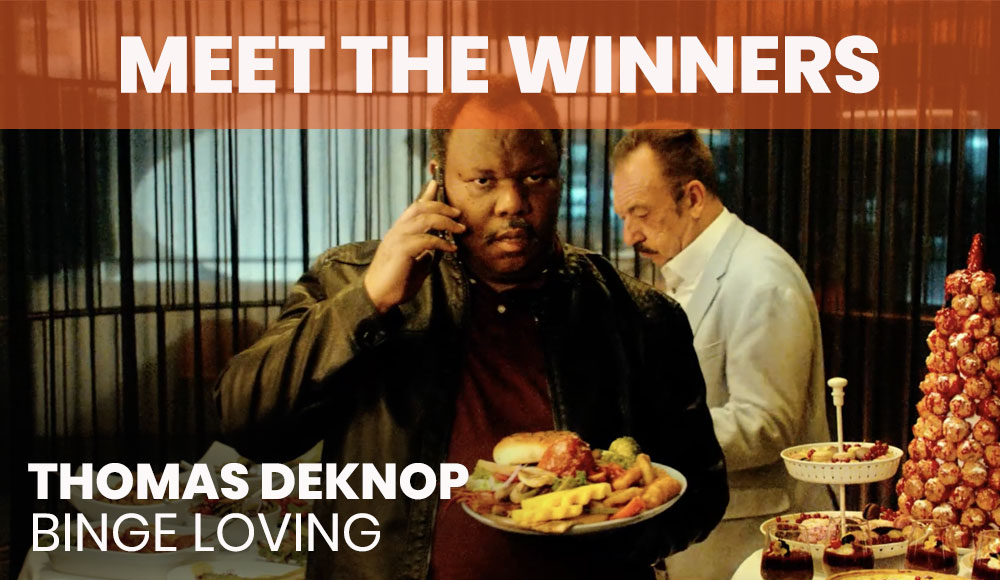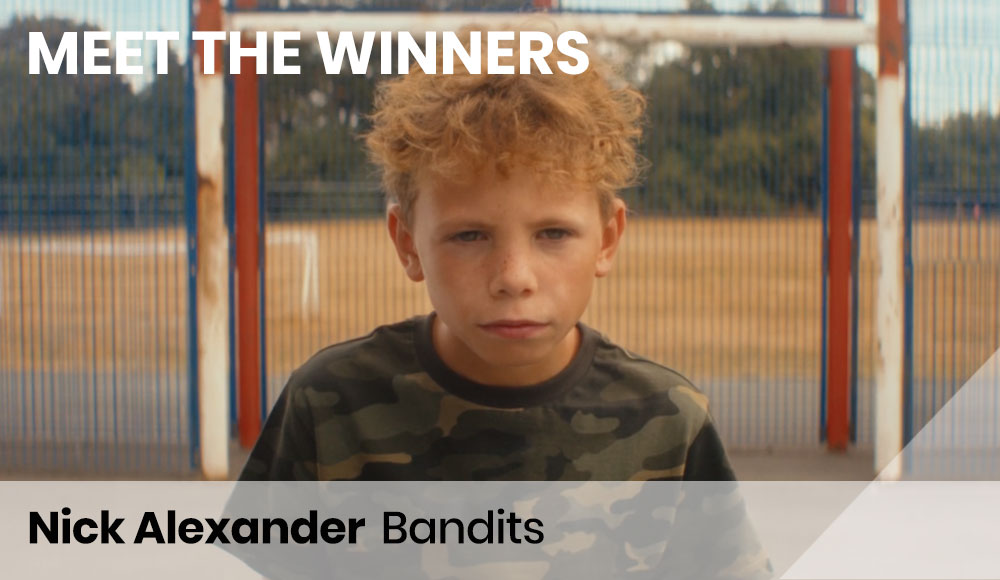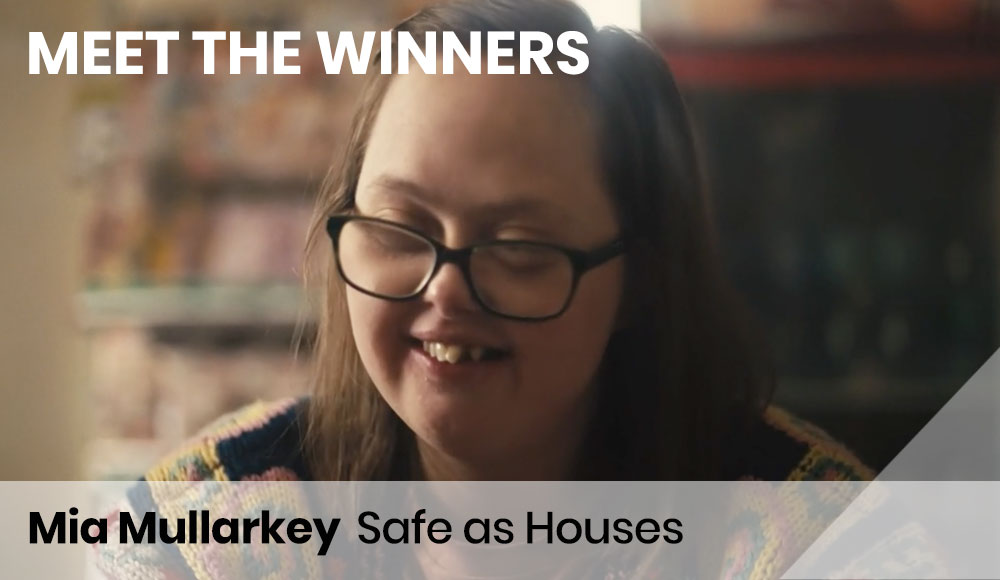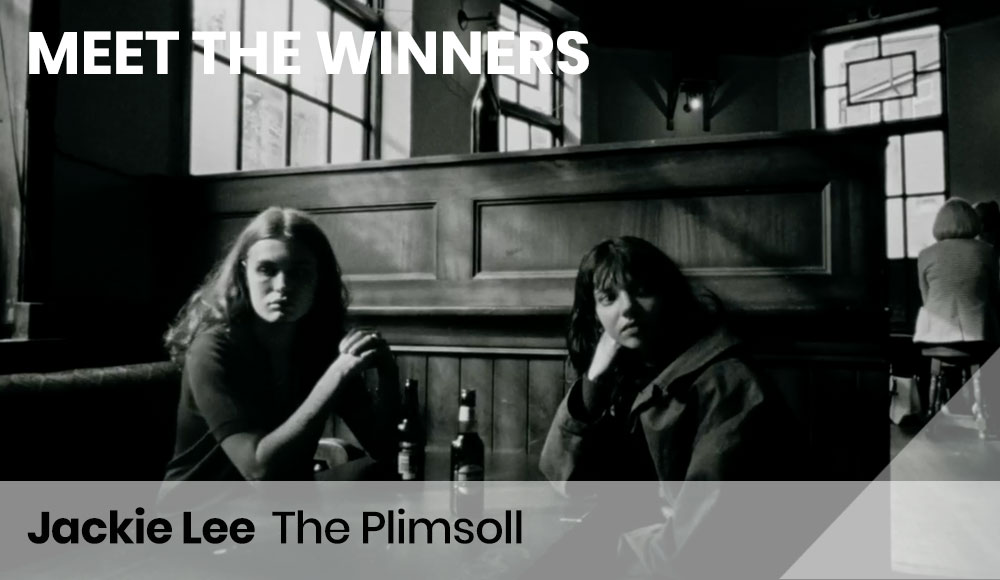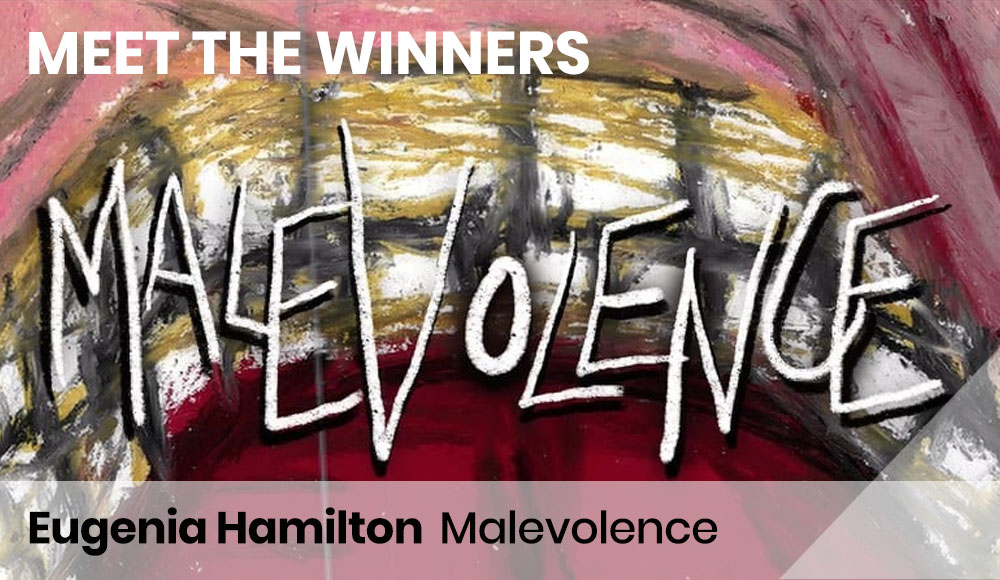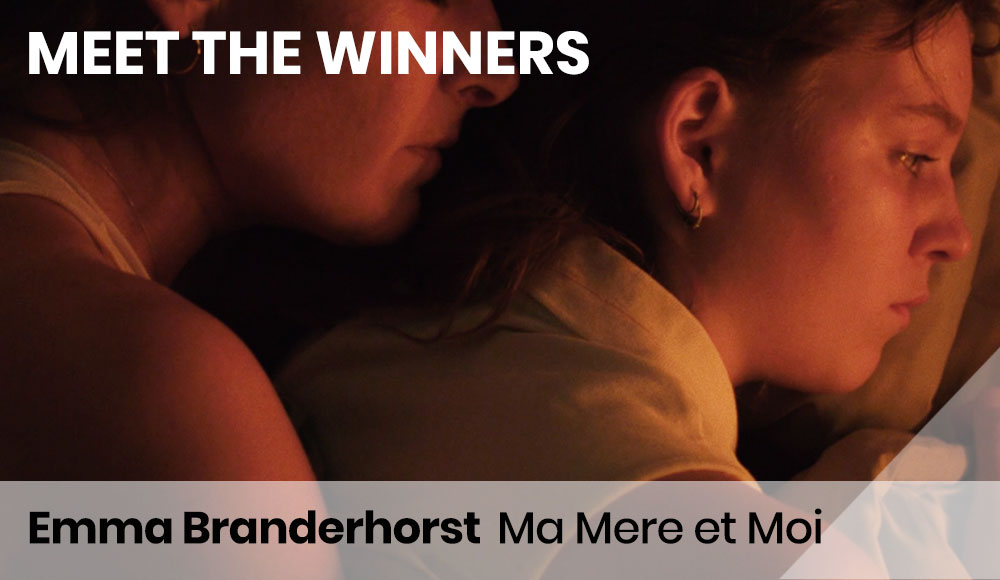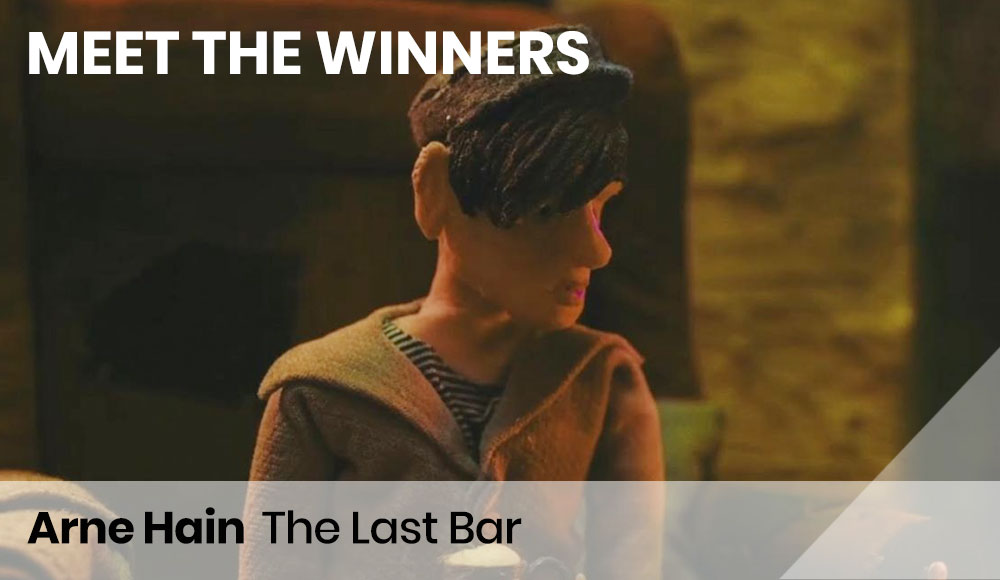Director Thomas Deknop picked up a Special Jury Prize in the Short Film (6 to 30 mins) category for his film, Binge Loving. Here, he talks about being obsessed with movies and stories, working with first-time actors and playing with genre conventions.
How did you get into directing?
From a young age, I was obsessed with movies and stories. That’s why I chose to go to film school.
What was the inspiration behind Binge Loving?
The seed for the Binge Loving film lies in an interview with a private investigator I once read. This detective was constantly eating while he was observing his targets. It triggered my imagination. I also wanted to play with genre conventions.
In Film Noirs, a detective often has an addiction, and usually that’s booze. But Otis prefers the snack bar instead of the pub. That was the perfect alibi to show a peculiarity of Brussels, the film is set in and around a hotel at the Brussels Midi train station, where fast food is everywhere.
How long was the shoot and what was the most challenging aspect of the project?
The shoot was five days long. The biggest challenge was directing the actors. Never before have I worked so intensely with my actors.
This was the lead actor David Mutamba’s first acting experience. I spent a lot of time with him before the filming days preparing him through acting exercises to play the character. David is very eager to learn and that made it very nice to work with him. Everyone on set loved David and supported him. Also his co-star Sofie Decleir, gave him a lot of confidence on set by making her vulnerable just like him.
What have you learned during the process of making the film?
I learned to be more assertive and communicate better. Throughout a film process, you work with so many different people and as a director you are sometimes overloaded with questions, suggestions and have to make a lot of choices. With this film I can now look back positively on the practical and creative choices that were made, also because I often followed my gut feeling.
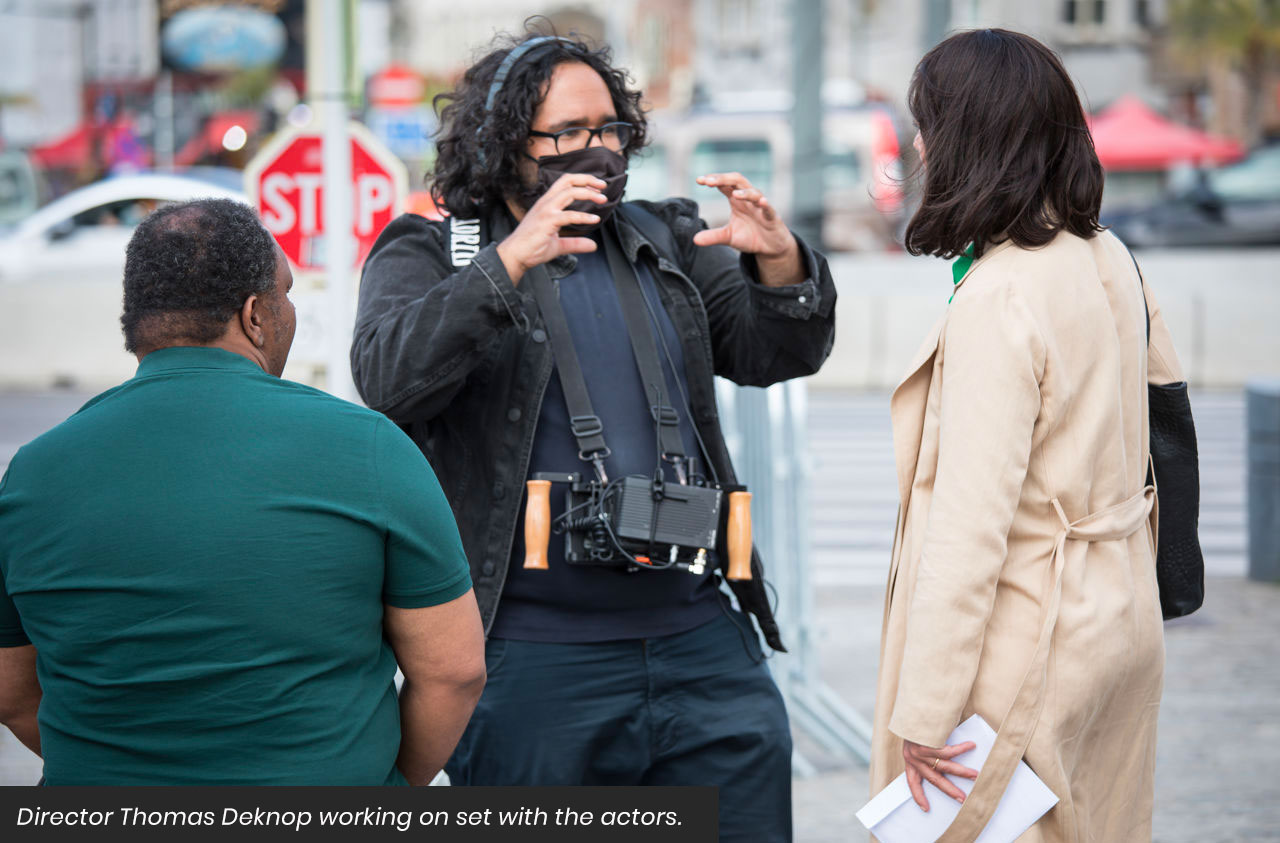
What does it mean to you to win a YDA and what can we expect to see from you in future?
It’s a nice recognition. I can’t see into the future. But at the moment, I see this award as an encouragement to continue writing and to look for stories I want to share.
Do you plan to work in the advertising industry and if so, what most excites you about that prospect?
I have no direct plans to work in the advertising industry.
Interview by Daniel Huntley shots

